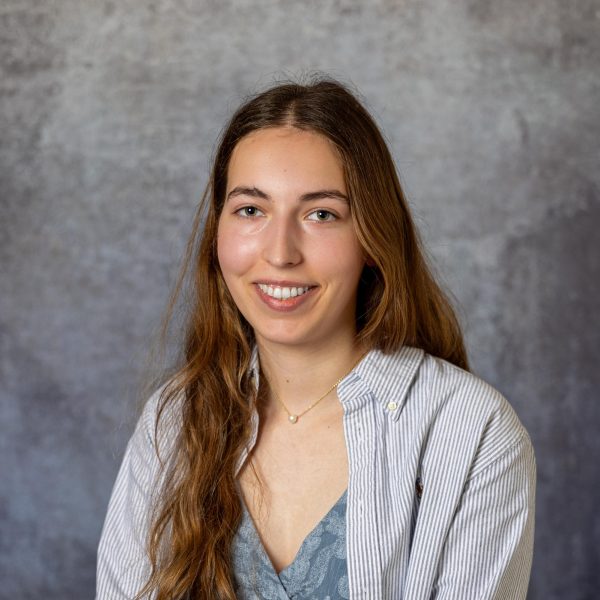Palestinian community members discussed how the war in Gaza has impacted their lives in a community panel discussion Friday. University of Wisconsin professor of educational policy studies Nancy Kendall introduced the panel.
“Our goal in organizing this event is to provide a space where we can listen carefully and respectfully to a set of diverse and particular perspectives about the experience of being Palestinian,” Kendall said.
Educational events regarding the war should be organized to support community learning and engagement, Kendall said.
One panel speaker, who asked to be referred to as OA, shared a story from their childhood in Palestine. OA said they once came into contact with Israeli soldiers as a child.
“It was a day that was shiny, beautiful — I was trying to play and have fun with my friends, and all of a sudden, in a matter of seconds it transported me to something like a nightmare,” OA said.
OA added that they were in third grade during the Ibrahimi Mosque Massacre Feb. 25, 1994 in which an Israeli-American doctor from New York attacked hundreds of Palestinians while they prayed.
Due to this, OA said their village was shut down for months. Palestinians were essentially locked at home — only able to leave their homes for one hour a week in order to get groceries.
Another speaker said they grew up as a Palestinian refugee in Jordan. Their grandparents were forcefully expelled and taken hostage in 1948 by Israeli settlers.
“My grandpa spent two years in what he described as ‘literal hell,’” the speaker said. “His wife — my grandma — had no idea if he was alive or dead. She was by herself in a tent.”
The speaker said their grandparents’ experiences created intergenerational trauma. But, Palestinians are incredibly resilient, and many families have built their lives from the ground up despite starting with limited resources, the speaker said.
Palestinians who are born as refugees often grapple with a confusing sense of identity, another speaker said.
“You’re born into exile,” the speaker said. “It’s a weird thing — Palestinians have no roots, we’re just floating around the world.”
The speaker said that after 30 years of attempting to return, one of their family members finally revisited Palestine. They discovered that their childhood home — which they constructed by hand — was now occupied by an Israeli family.
Palestinians encounter challenges through discrimination and prejudgments in every aspect of life, so they must work harder to succeed in a world that operates against them, one speaker said.
“It’s so scary to say you’re Palestinian, especially in the U.S., because the media paints a very specific crafted narrative about us,” the speaker said. “We we are still people — I don’t think you ever meet anyone who is more proud of where they are from than a Palestinian.”



